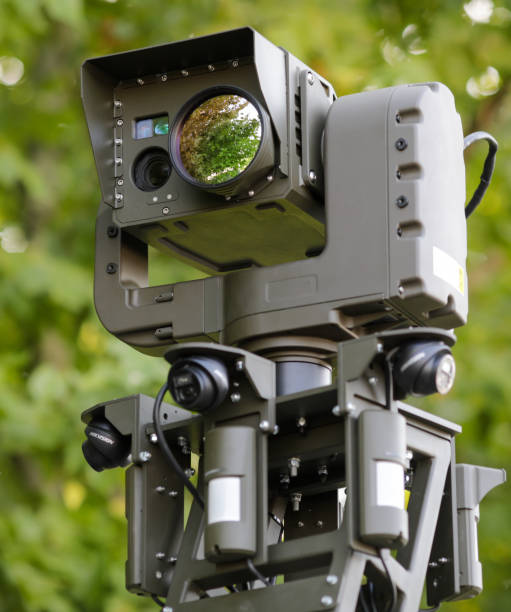In the wrong hands, SCAMP’s sensor can process images in real-time at speeds of 100,000 frames per second. This could pose a threat to national security.
The UK government used the National Security and Investment Act of 2021 to prevent a Chinese company from obtaining a license for vision sensor technology at the University of Manchester.
The “Final order(Opens a New Window),” issued by Kwasi Kwarteng (Opens a New Window), Secretary for Business, Energy and Industrial Strategy, prevented Beijing Infinite Vision Technology Company Ltd. from obtaining a license for SCAMP Vision sensor(Opens a NEW window). The company was specifically interested in the SCAMP-5 or SCAMP-7 versions of the technology.
SCAMP integrates parallel processor arrays into image sensors. This allows on-sensor computations to be carried out at high speeds while consuming very little power. A variety of vision algorithms can then be performed quickly. The result is a highly compact, efficient, and fully programmable Computer Vision System capable of Real-Time Image Processing at 100,000 fps (Opens in a New Window).
Beijing Infinite Vision Technology describes itself (Opens in new window) as delivering “realistic images, animations, and virtual reality” for residential cultural and business projects while specializing in architectural visualization. Kwarteng, however, believes that the technology provided by the university is dual-purpose and could potentially be used to create defense or technological capabilities that pose a national security threat to the United Kingdom.
The transfer of intellectual property to the company was blocked because it would threaten national security. Beijing Infinite Vision Technology’s stated focus on still images, VR, animation, and VR makes it unclear why they wanted vision technology.




